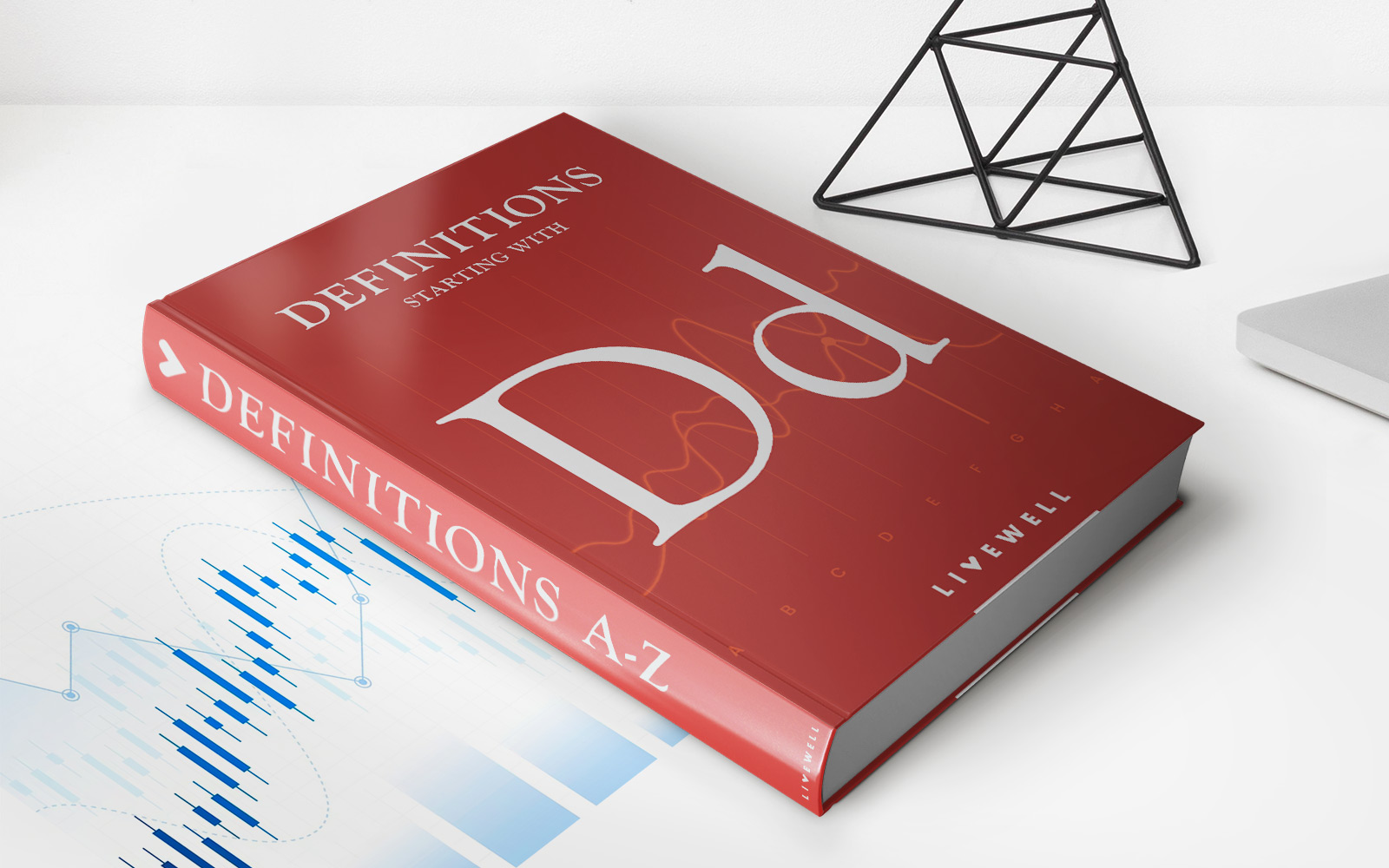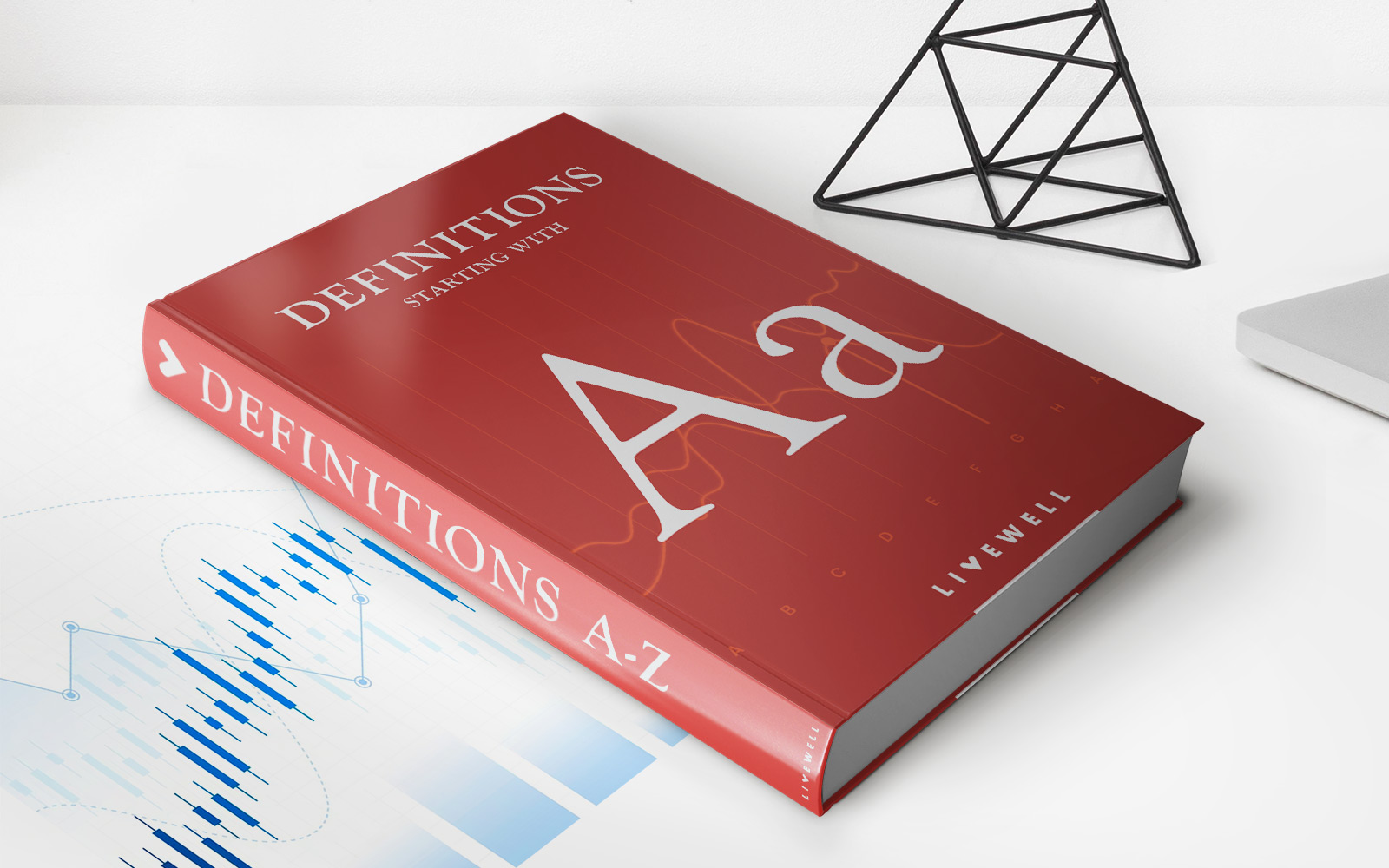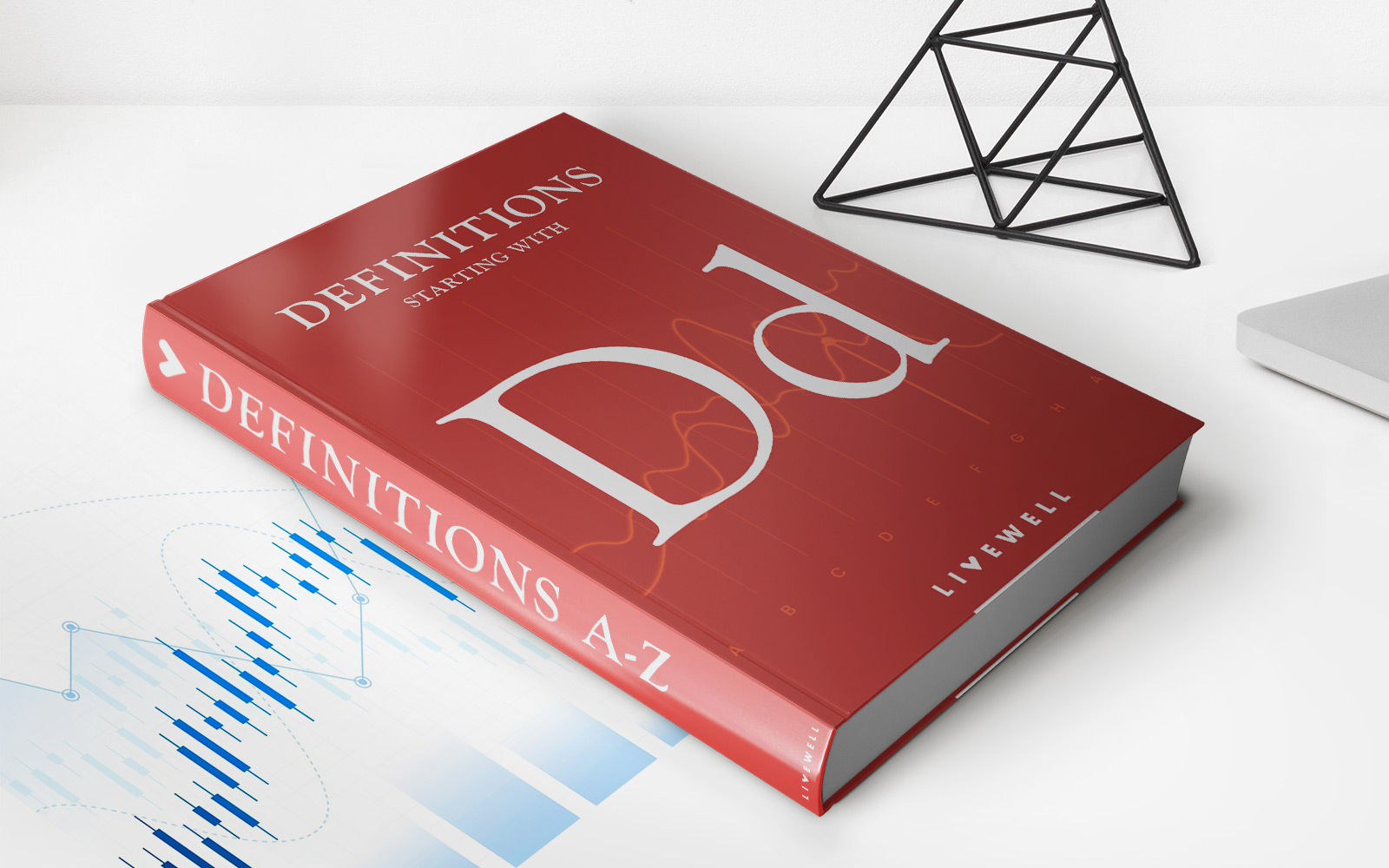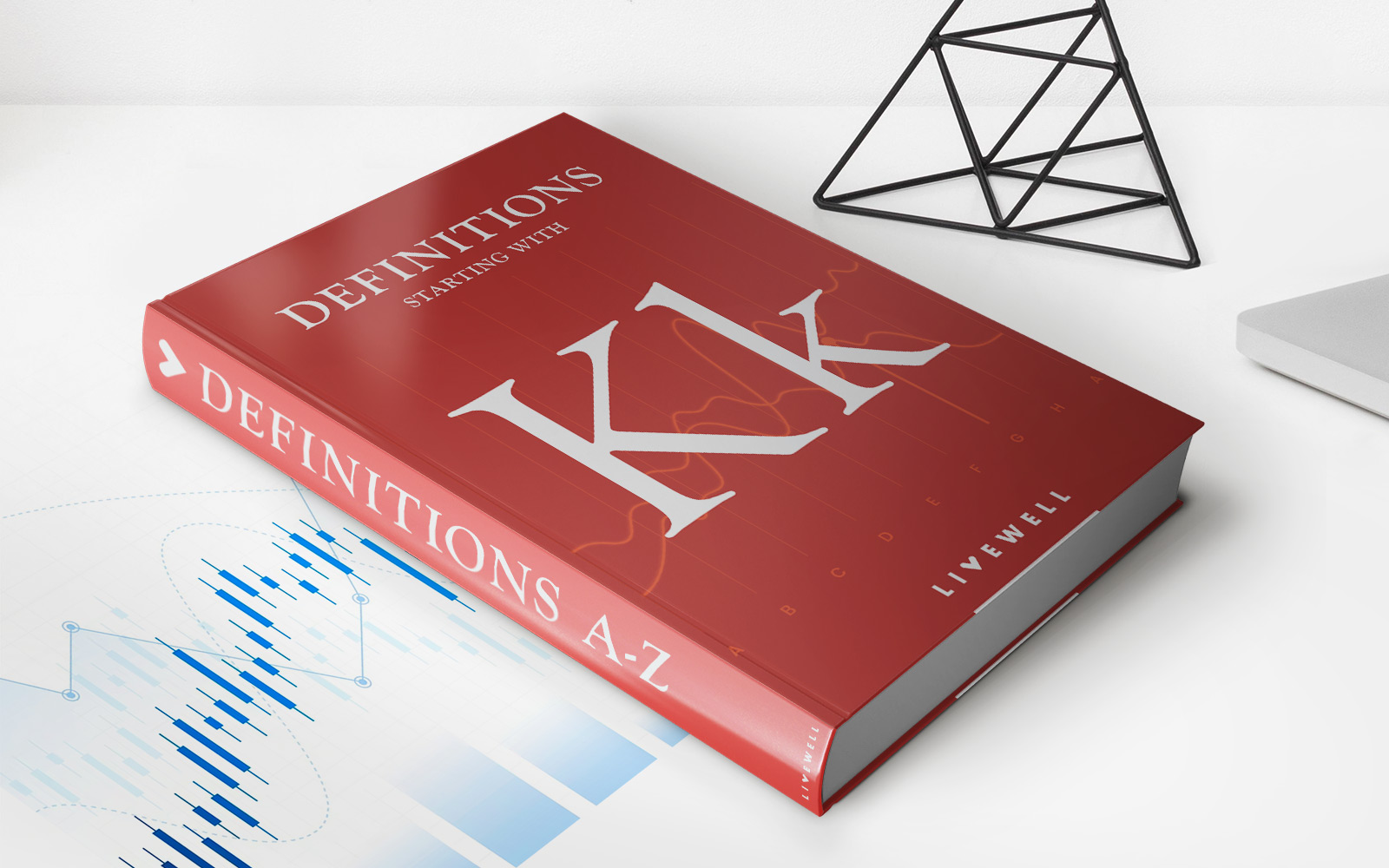

Finance
Dollar Bear Definition
Published: November 13, 2023
Learn the dollar bear definition and its impact on the finance industry. Understand how the dollar bear trend affects global markets and investor strategies.
(Many of the links in this article redirect to a specific reviewed product. Your purchase of these products through affiliate links helps to generate commission for LiveWell, at no extra cost. Learn more)
What is a Dollar Bear?
Are you curious about finance terms and want to learn more about the Dollar Bear? In this blog post, we will explore what a Dollar Bear is and how it impacts the financial market. Whether you are a seasoned investor or just starting to dip your toes into the world of finance, understanding key concepts like the Dollar Bear can help you make informed decisions with your money. So, let’s dive in!
Key Takeaways:
- A Dollar Bear is a person or investor who believes that the value of the U.S. dollar will decrease over time compared to other currencies.
- Dollar Bears often base their predictions on factors such as inflation, government debt, and economic indicators.
What does it mean to be a Dollar Bear?
A Dollar Bear, also known as a bearish dollar investor, is someone who has a negative outlook on the value of the U.S. dollar in relation to other currencies. They believe that over time, the purchasing power of the dollar will decline, leading to a decrease in its value compared to other currencies.
There are several reasons why someone may adopt a bearish stance on the U.S. dollar. Here are a few key factors that Dollar Bears often consider:
- Inflation: Dollar Bears believe that a high level of inflation erodes the purchasing power of the currency, making it less desirable and causing its value to decline.
- Government Debt: The level of government debt can impact the value of a currency. Dollar Bears may be concerned about the increasing debt levels of the United States and its potential impact on the dollar.
- Economic Indicators: Dollar Bears closely analyze economic indicators such as GDP growth, unemployment rates, and consumer spending to form their predictions. Negative economic indicators can contribute to a bearish outlook.
Impacts on the Financial Market
The beliefs and actions of Dollar Bears can have tangible impacts in the financial market. Here’s how:
- Foreign Exchange Rates: A bearish sentiment towards the U.S. dollar can lead to a decrease in its exchange rate compared to other currencies. This can impact international trade, investments, and travel expenses.
- Asset Allocation: Investors who hold a negative outlook on the U.S. dollar may choose to allocate their assets differently. They may diversify their investments by increasing holdings in foreign currencies, commodities, or other assets that are expected to perform better.
- Interest Rates: If Dollar Bears foresee a weakening dollar, they may anticipate actions from the central bank to lower interest rates. This potential decrease in interest rates can influence borrowing costs and impact various financial products such as mortgages and loans.
Final Thoughts
Understanding the concept of a Dollar Bear is essential for anyone looking to navigate the world of finance. While a bearish outlook on the U.S. dollar may seem pessimistic, it is important to remember that there are always differing opinions and perspectives in the financial market.
Whether you are a Dollar Bear, a Dollar Bull, or fall somewhere in between, keeping yourself informed and staying up to date with economic trends can help you make better financial decisions. So, go ahead and explore different viewpoints, weigh the pros and cons, and chart your own course towards financial success!














